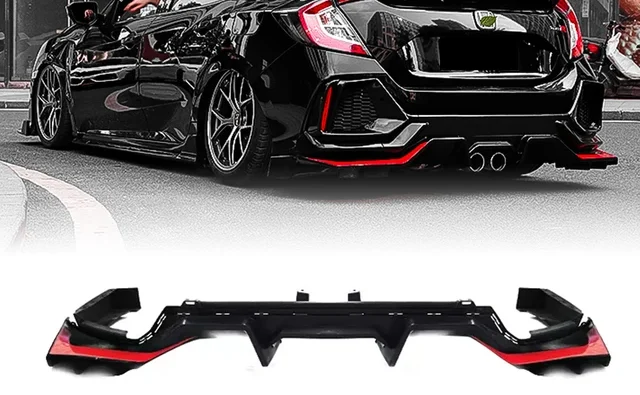In the realm of automotive technology, where every component plays a crucial role in performance and safety, tires stand out as one of the most fundamental elements. They are the interface between the vehicle and the road, affecting everything from handling and traction to fuel efficiency and comfort.
However, not all tires are created equal. Understanding the different types of tires available can empower drivers to make informed choices that suit their specific needs and driving conditions. In this comprehensive guide, we’ll embark on a journey through the diverse landscape of tire varieties.
All-Season Tires: The Versatile Choice
All-season tires are perhaps the most common type found on vehicles today. As the name suggests, they are designed to provide adequate performance in a variety of weather conditions, including dry, wet, and light snow.
These tires typically feature a tread pattern that balances traction on different surfaces while providing a smooth and quiet ride. While they may not excel in extreme conditions like heavy snow or high-performance driving, their versatility makes them a popular choice for everyday drivers seeking reliability and convenience.
Summer Tires: Optimized for Performance
Engineered for maximum grip and handling in warm and dry conditions, summer tires prioritize performance above all else. They feature specialized rubber compounds and tread patterns designed to provide superior traction on hot pavement, enhancing cornering ability and braking performance.
However, their performance diminishes significantly in cold or wet weather, making them less suitable for year-round use in regions with diverse climates. Enthusiasts and sports car owners often opt for summer tires to unlock the full potential of their vehicles on the track or spirited driving on winding roads.
Winter Tires: Conquering Cold and Snow
When the temperature drops and snow starts to fall, winter tires come into their own. These tires are engineered with softer rubber compounds that remain pliable in freezing temperatures, maintaining traction on snow and ice. Their deep tread patterns feature sipes and grooves to expel slush and improve grip in slippery conditions.
Winter tires provide confidence-inspiring performance and safety during the harshest months of the year, making them essential for drivers in snowy regions. It’s important to note that winter tires are not just for areas with heavy snowfall; they also enhance safety on cold, icy roads.
All-Terrain Tires: Ready for Off-Road Adventures
Designed for trucks, SUVs, and off-road enthusiasts, all-terrain tires offer a balance of on-road comfort and off-road capability. These rugged tires feature aggressive tread patterns with large, spaced-out lugs to provide traction on gravel, dirt, mud, and rocky terrain.
They also feature reinforced sidewalls to withstand rough conditions and resist punctures. While all-terrain tires may sacrifice some on-road performance compared to highway or all-season tires, they excel in off-road environments, making them ideal for adventurous drivers who seek exploration beyond paved roads.
Highway Tires: Smooth and Efficient
If long-distance cruising and fuel efficiency are your priorities, highway tires are the way to go. These tires are optimized for paved roads, offering a smooth and quiet ride with minimal rolling resistance.
Their tread patterns are designed to provide excellent stability and traction on highways and freeways, enhancing safety and comfort during extended journeys. Highway tires typically feature durable rubber compounds that offer long tread life, making them a cost-effective choice for drivers who rack up high mileage on smooth surfaces.
Performance Tires: Unleashing the Thrill of Driving
Geared towards drivers who crave exhilarating performance and precise handling, performance tires are engineered to deliver maximum grip and responsiveness. These tires feature advanced rubber compounds and tread designs borrowed from motorsport technology, allowing for aggressive cornering and precise steering feedback.
While they excel on dry pavement and in warm conditions, performance tires may sacrifice some comfort and longevity compared to all-season or touring tires. They are often found in sports cars, luxury vehicles, and high-performance sedans, where driving dynamics take precedence over all else.
In Summary
The realm of tires presents a rich tapestry of options, each tailored to address distinct needs and preferences. Whether you value versatility, performance, off-road prowess, or fuel-efficiency, there exists a tire specifically crafted to align with your priorities. Equipping oneself with knowledge regarding the unique characteristics and benefits of various tire types empowers drivers to make informed choices, elevating not only safety but also driving dynamics and overall satisfaction.
Therefore, when contemplating the purchase of new tires, it’s crucial to factor in your driving habits, local climate conditions, and intended usage. Doing so ensures that you select the ideal set, complemented perhaps by pressure sensors, to navigate the road ahead with confidence and smoothness.

















